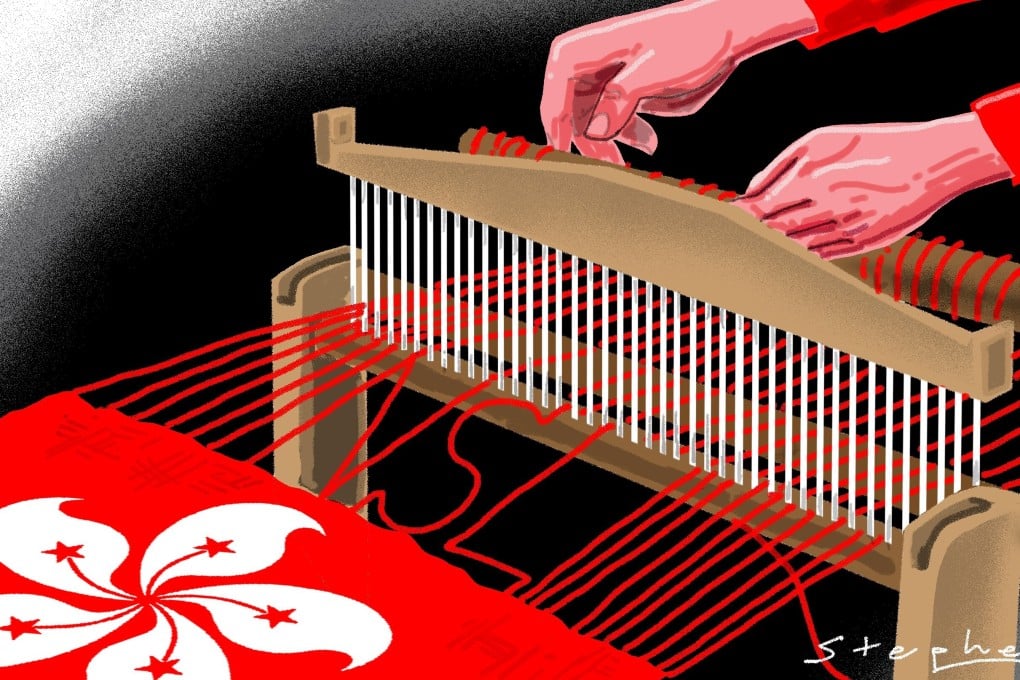Advertisement
Opinion | What the national security law has done for Hong Kong
- The enactment of the law has restored social stability and the freedoms that were suppressed by violent protesters
- Hong Kong remains free and open, with its rule of law intact and an independent judiciary steeped in the common law tradition
Reading Time:4 minutes
Why you can trust SCMP
39

When the Hong Kong national security law was first adopted on June 30, there was much discussion about its impact. Some thought it would bring back social stability; others predicted a mass exodus of foreign businesses and capital and the demise of freedom. A senior Japanese executive told me some headlines in Japan declared that “Hong Kong is dead”.
Neither speculation nor debate could change the reality on the ground. October 8 marked the 100th day of the passage of the law. With that milestone behind us, it is time to take stock of the law’s effect based on what has transpired so far.
Hong Kong remains an open and free society under the rule of law. Although it is not a democracy, Hong Kong residents enjoy more political rights today than they did under British colonial rule. The city still has a chance to become a democracy, if the universal suffrage proposal, put forward by Beijing in 2014 but rejected by the opposition over the candidate nomination process, is reintroduced.
In terms of openness, Hong Kong compares favourably with the United States, which I regard as the shining beacon of free society.

03:59
Silent Double Tenth Day in Hong Kong under national security law
Silent Double Tenth Day in Hong Kong under national security law
Citizens of the US and many other countries can travel, visa-free, to Hong Kong, and can obtain work visas as long as jobs are available in the city in almost any profession. Whereas the US collects taxes on imports, Hong Kong charges zero tariffs. I am not aware of another rich society that is so open.

Advertisement
